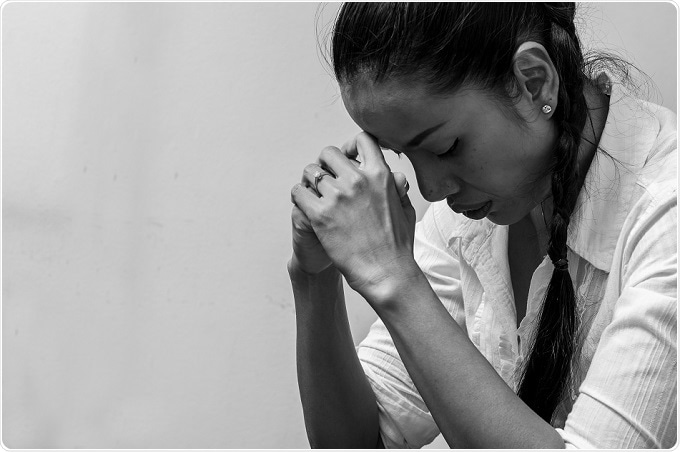Women who experience stressful events are at an increased likelihood of being obese compared with women who do not experience such events, according to research presented at the American Heart Association's Scientific Sessions 2017.
 © Moopixel/Shutterstock.com
© Moopixel/Shutterstock.com
The findings come from a preliminary study showing that women who reported traumatic lifetime events or several negative events over recent years, were more likely to be obese than women who did not report them.
Michelle Albert, director of the Center for the Study of Adversity and Cardiovascular Disease at the University of California and senior author of the study says little is known about how such events affect obesity in women. However, “we know that stress affects behavior, including whether people under- or overeat, as well as neuro-hormonal activity by in part increasing cortisol production, which is related to weight gain," she explains.
The study included 21,904 middle-aged and older women who reported on two types of stress: traumatic events such as the death of a child or being subject to a serious physical attack and negative life events that occurred in the previous five years such as being burgled or being unemployed for more than three months. The team then analysed the relationship between such events and the rates of obesity.
Albert and team found that, overall, almost one-quarter (23%) of the women were obese, which was defined as a body mass index (BMI) of 30 kg/m2 or higher.
Women who reported experiencing more than one traumatic life event had an 11% greater likelihood of being obese, compared with women who did not report traumatic life events.
The greater the number of negative life events reported by the women over the previous five years, the greater the likelihood of obesity, with women who reported four or more such events having a 36% higher risk of obesity compared with women who did not report such events.
Our findings suggest that psychological stress in the form of negative and traumatic life events might represent an important risk factor for weight changes and, therefore, we should consider including assessment and treatment of psychosocial stress in approaches to weight management,"
Michelle Albert, director of the Center for the Study of Adversity and Cardiovascular Disease, University of California
Albert adds that further studies should be carried out to analyse the association longitudinally, with people followed for weight gain over time, after stressful life events have occurred.
This work is important, says Albert, because women are living longer and are at an increased risk of chronic illnesses such as cardiovascular disease: “The potential public health impact is large, as obesity is related to increased risks of heart attack, stroke, diabetes and cancer, and contributes to spiraling healthcare costs.”